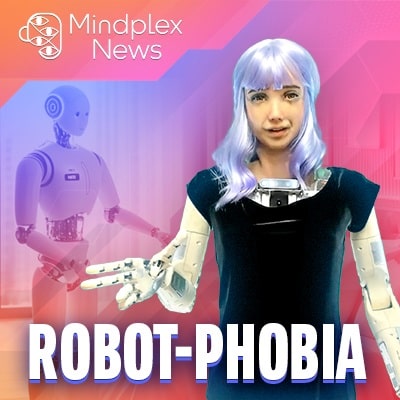AI Translation Revolution Crushes Language Jobs: Is Human Expertise Obsolete?
Apr. 26, 2025.
1 min. read.
Interactions
AI translation tools are eroding translator jobs and language skills demand. Is human expertise fading?
AI-powered translation tools are reshaping the landscape for translators and language professionals, slashing demand for human expertise in an increasingly globalized world. A new Oxford University study reveals that advancements in machine translation, like Google Translate, have significantly curbed job growth for translators and reduced the need for bilingual skills across industries.
The research, led by Carl Frey, estimates that a slight uptick in Google Translate usage correlates with a 0.71% drop in translator job growth, resulting in approximately 28,000 fewer positions than expected. Wages for translators dipped after Google Translate’s 2007 debut but later recovered as professionals shifted to complex tasks AI couldn’t handle. Still, the profession has steadily declined.
Demand for language skills in industries has also waned, with job postings for Spanish, Chinese, and German speakers dropping significantly. Despite globalization’s push for cross-border communication, companies increasingly rely on AI to bridge linguistic gaps. While AI struggles with idioms and specialized terms, its rise prompts concerns about over-reliance, especially in high-stakes fields like healthcare and law, where human oversight remains critical.
As AI translation advances, particularly in real-time speech, the future of language learning and translation careers hangs in the balance, raising questions about their economic and cultural value.


.png)

.png)


.png)





0 Comments
0 thoughts on “AI Translation Revolution Crushes Language Jobs: Is Human Expertise Obsolete?”